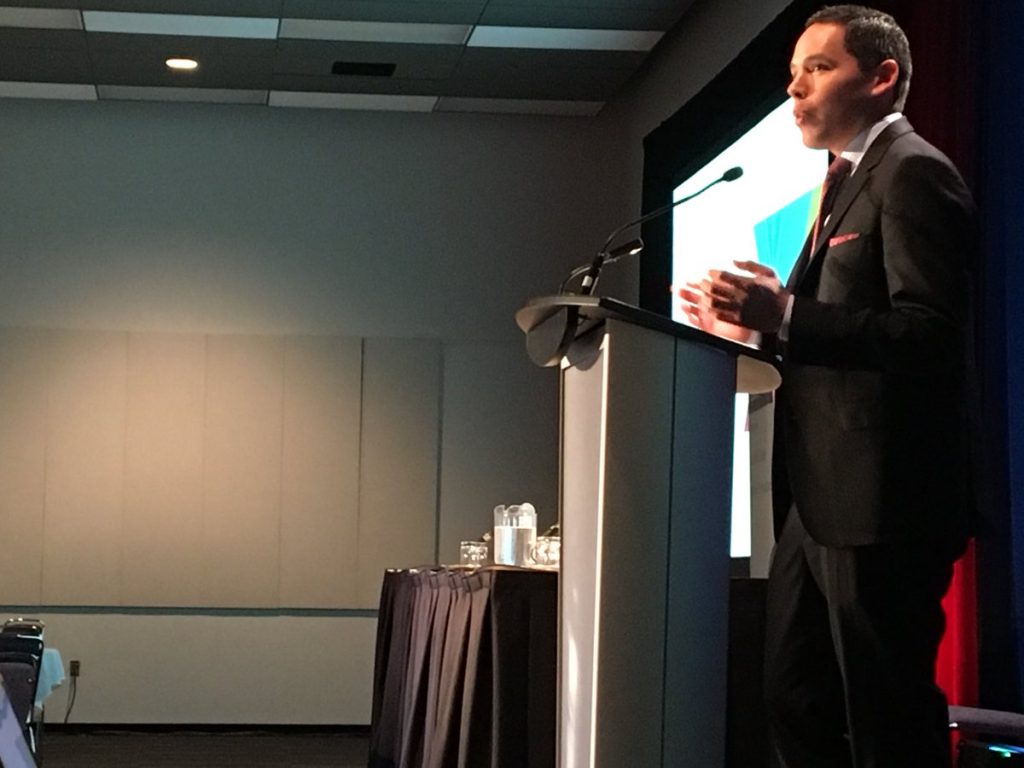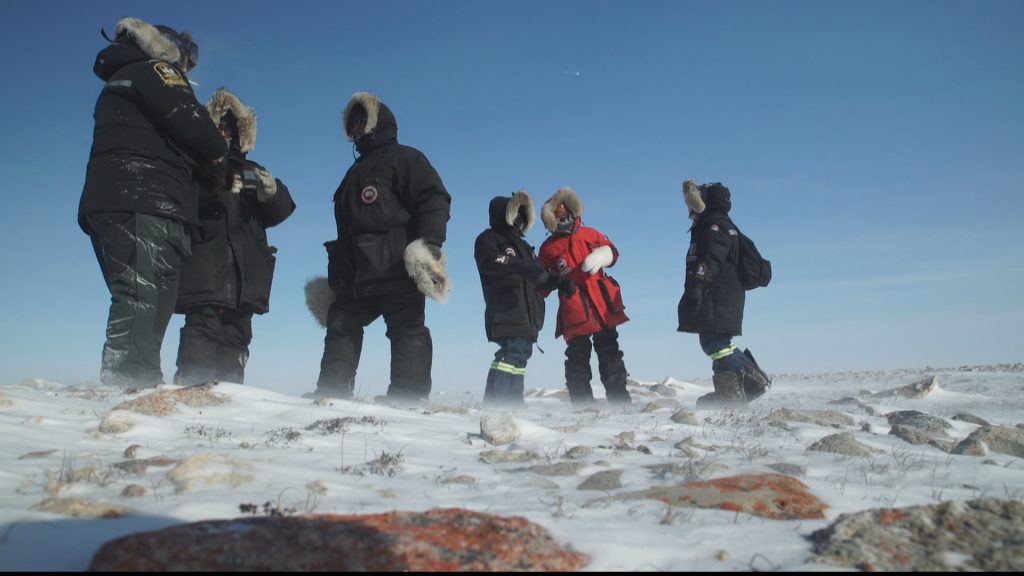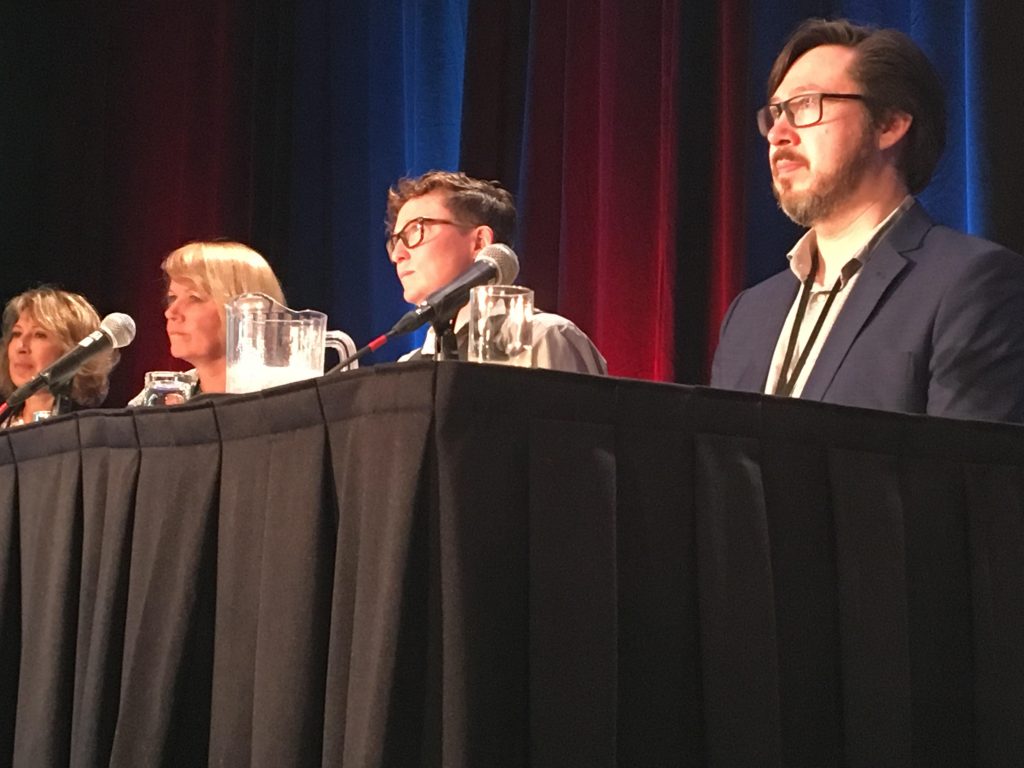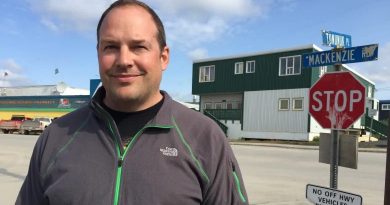Out-dated attitudes, deficient infrastructure, block Inuit from Arctic science, G7 summit hears

Inuit are ready to work with southern scientists on the big climate and scientific questions facing the planet, but need to be seen as partners and not just as ‘objects’ by the research community, said Canada’s national Inuit leader at the G7 Arctic Sustainability Summit in Montreal on Wednesday.
“Inuit will always say: ‘Yes, there are broader research interests than just the Inuit community interests, yes, we can work with you, we can support natural sciences and social sciences and want the best research outcomes, not just for us in our communities, but for the global community,” said Natan Obed, president of Inuit Tapiriit Kanatami , Canada’s national Inuit organization, during his opening keynote address.
“But at the same time, you cannot just walk past us, walk past our social inequity, and walk past our great research needs in pursuit of larger global missions.”
Research on Inuit health, and how climate change will affect Inuit communities and their infrastructure, is desperately needed, Obed said.
Ensuring that Arctic science projects both fund, and incorporate Inuit research needs, would go a long way to erasing the often one-sided research relationships that favour the priorities of southern scientists over those of the Inuit regions where the research is done, he said.

Inuit blocked from science by more than just out-dated attitudes
The summit also heard how infrastructure challenges block Inuit from being full partners in scientific research.
“A lot of academics, and even government, rely on taking information from the Arctic but there’s not a lot of dialogue going back,” said Jeff Maurice, a fisheries policy advisor for Nunavut Tunngavik Incorporated, the Inuit land-claims organization in Canada’s eastern Arctic territory of Nunavut.
“I think it’s for the one reason that there’s no academic institution to keep that knowledge in the territory,” Maurice said on the summit’s morning panel The Changing Arctic – biophysical and social-economic implications.

Establishing a ‘University of Nunavut’ or ‘Arctic University,’ would help change what until now has been a one-sided relationship favouring southern researchers, he said.
“(That) would ensure that knowledge was kept within the territory and also (used) to define social policy not just from a southern Canadian, or government perspective, but from an Inuit perspective.”
The Arctic Sustainability Summit is part of the G7 Research Summit Series and seeks to bring international academics and leaders together to discuss sustainability in the North.
The summit runs until May 24.
Write to Eilis Quinn at eilis.quinn(at)cbc.ca
Related stories from around the North:
Canada: Video Documentary – How indigenous knowledge is changing what we know about the Arctic, Eye on the Arctic
Greenland/Denmark: Arctic science agreement comes into effect on Wednesday, Eye on the Arctic
Finland: Sami group occupies island in northern Finland to protest fishing rules, Yle News
Norway: The food crisis in the Far North, Barrents Observer
Russia: More than 800 000 reindeer to be vaccinated against anthrax in Russia, The Independent Barents Observer
Sweden: Legal battle over hunting and fishing in Sweden’s far north, Radio Sweden
United States: Mixing science with traditional knowledge, researchers hope to get seal oil on the menu in Alaska, Alaska Public Radio Network



